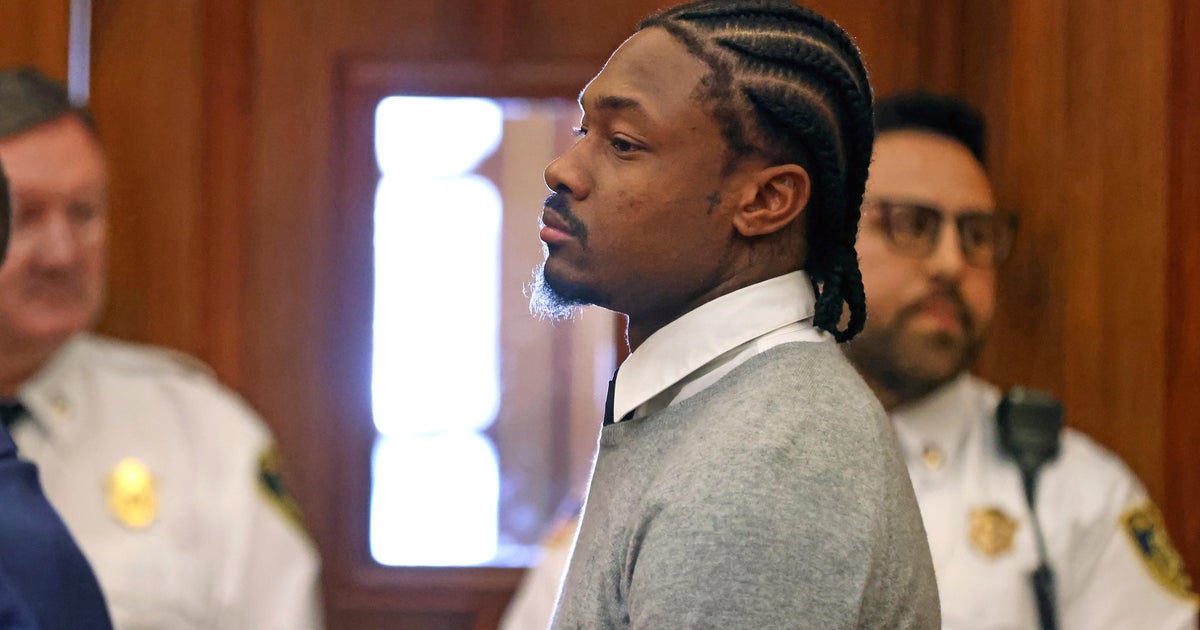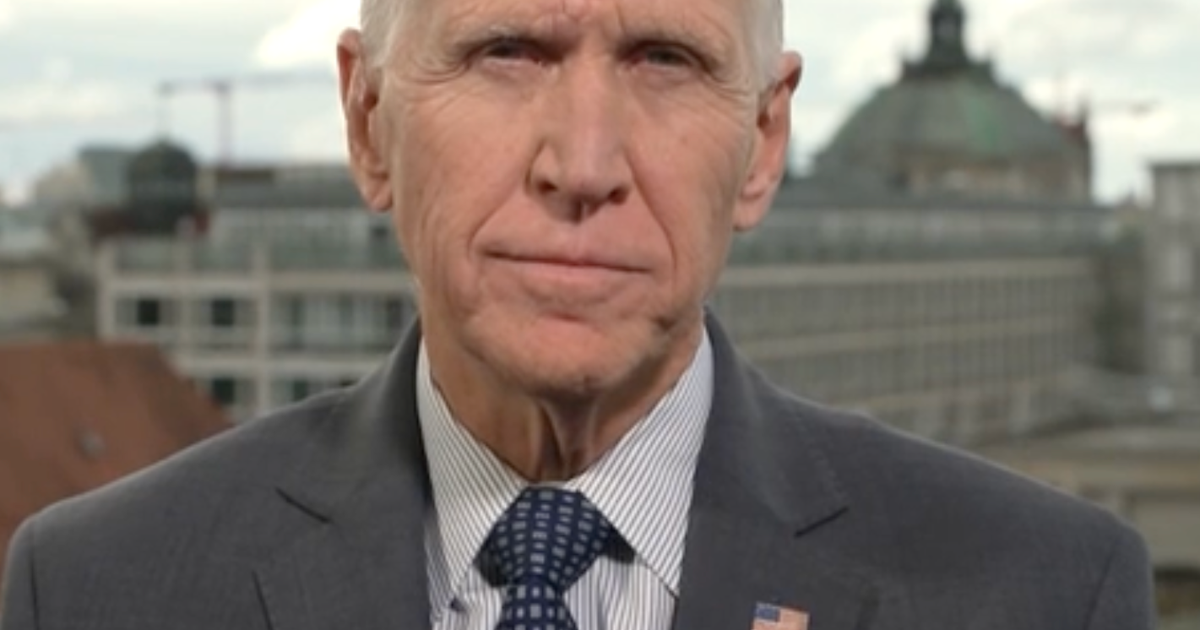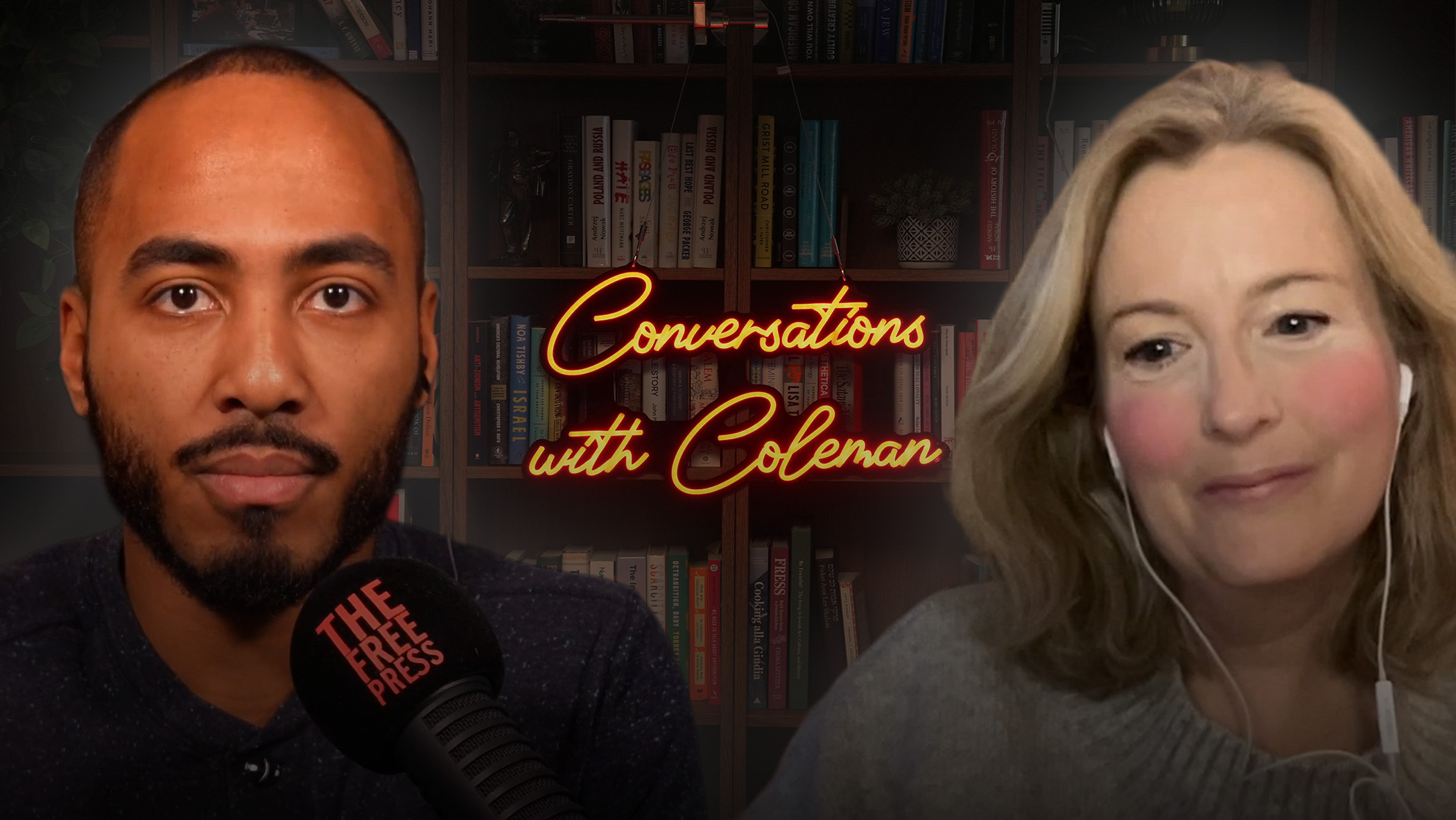The science of memories: Why we remember traumatic events better
The sexual assault accusations against Supreme Court nominee Brett Kavanaugh have started a national conversation about the reliability of past memories. Kavanaugh has denied all allegations.
In a recent New York Times op-ed, one psychiatrist wrote, "Neuroscience research tells us that memories formed under the influence of intense emotion are indelible in the way that memories of a routine day are not." Dr. Ted Huey, a professor of psychiatry and neurology at Columbia University, agrees with that assessment of memories.
Huey told "CBS This Morning" there is a misconception that emotion and trauma are bad for memory. But he explains, "The way our brain tags what's important to be remembered is emotion."
An example of this phenomenon would be that most people can clearly remember the morning of September 11, 2001 – an emotionally charged day for most – but have no clue what they were doing the morning of September 8, 2001. That said, the memories of two people who experienced the same event can be quite different.
"If two people come into a situation and for one it's a very emotionally charged event, for the other person it's not, often you'll get a situation years later where the person for whom it was a charged event will say, well, I remember that day vividly or that event vividly. The other person will say, I have no memory of that," Huey said.
During these emotionally charged moments, Huey explained the brain is both flagging the moment as important but not necessarily able to focus on parsing out the most important details. What ends up happening is that trauma survivors sometimes have very vivid memories of strange details. For example, someone might remember the sweater their attacker was wearing or their smell but not his or her face or what kind of car they were driving.
"That's because even though the memories are very vivid and your memory is actually turned up very high… you're not kind of thinking calmly and rationally about what I should remember and what I shouldn't remember," Huey said.
How does the passage of time affect the accuracy of memories? It depends.
"It's hard to give a blanket reliability," Huey said. "So the more peripheral memories might be misremembered as the decades go on, but usually the core is remembered pretty well. So an example would be if you're mugged, you might kind of misremember whether it was on 61st Street or 62nd Street if I asked you 20 years later. You're not going to forget that you were mugged."



